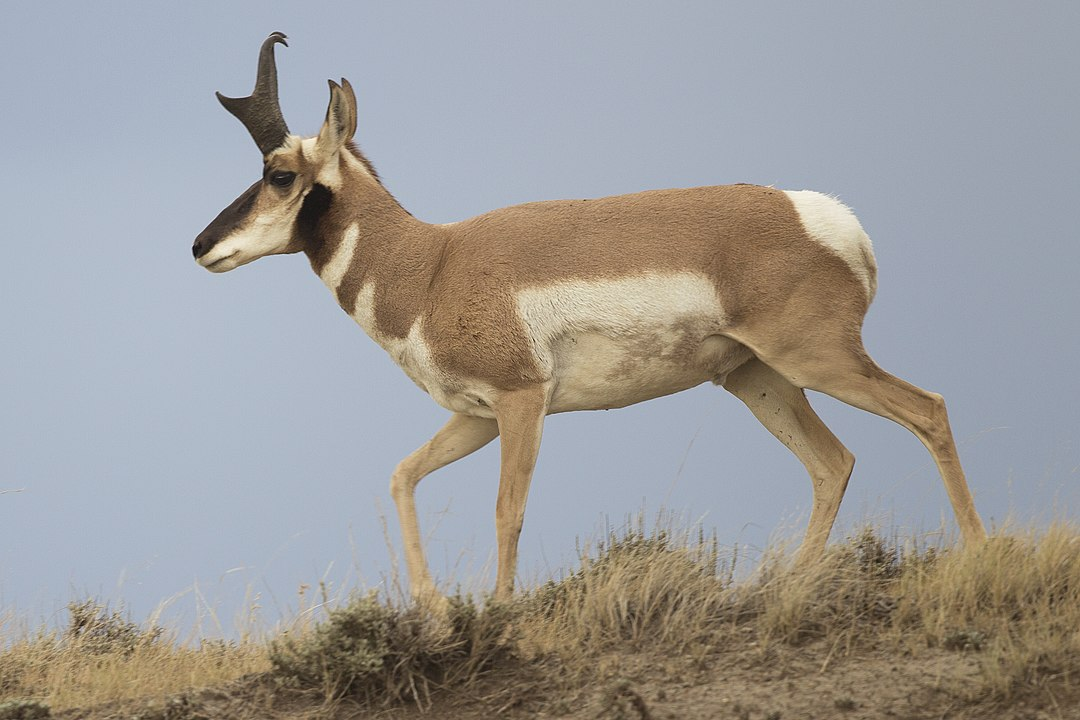Avocado Seeds
Today, we see through a seed. The University of Houston's college of engineering presents this series about the machines that make our civilization run, and the people whose ingenuity created them.
I was telling my daughter about how plants disperse their seeds, hoping they'll land in a good place to grow. Some seeds spread on the wind like dandelions, or stick onto animals like burrs. But many seeds are meant to be eaten, and then get dropped by an animal far away.
"But Dad", she objected, "What could possibly eat an avocado seed? They're huge!". I didn't know, and it turns out to be quite a story. Avocados are a relic of a lost world a lot more exciting than ours.

Avocado and seed
Photo Credit: Wikipedia
Avocados came from South America; "avocado" and "guacamole" are from Aztec Nahuatl words. North and South America used to be separated by water. They got connected by plate tectonics and volcanos long ago. The new land bridge let creatures from each continent migrate into the other, where they competed and changed. Camels, which first evolved in North America, went south and became llamas (camels also went through Alaska to Asia). The southern species that came north included porcupines, possums and anteaters.
Other, stranger creatures lived then, too. Thomas Jefferson owned a huge fossil claw he thought was from a giant wildcat. But Jefferson's claw wasn't from a giant cat, it was from a giant sloth. A REALLY giant sloth - about two stories tall, and weighing about 10,000 pounds! It could walk on all fours, or on its hind legs like a gorilla. It used its giant claws to shred trees, and it likely was one of the main spreaders of avocado seeds.

Giant ground sloth skeleton
Photo Credit: Wikipedia
Other possible avocado eaters included armadillos as big as cars, and an elephant cousin called a Gomphothere. And there was a top predator called the Terror Bird - 12 feet tall with a beak the size of a loaf of bread, and the charming habit of pecking its prey from above.

Phorusrhacid (Terror bird) skeleton
Photo Credit: Wikipedia
Avocados are an anachronism, something that doesn't belong to the time in which it lives. They're a relic of a lost age, and have not adapted to the loss of the giant herbivores. Humans mostly tend them now. There are other living anachronisms. One is the American pronghorn antelope, the second fastest land animal on Earth, after the African cheetah. At 60 miles per hour, nothing in North America can catch it - it's much faster than it needs to be. That's because it hasn't adapted to changing times. The American pronghorn evolved to outrun fast predators like the American lion and the American cheetah. These are long extinct. The lonely pronghorn speeds away from predators that are only an evolutionary memory, and the avocado waits to be swallowed by a giant mouth that isn't coming.

American Pronghorn Antelope
Photo Credit: Wikipedia
All this history in the simple question: "what could eat an avocado seed?".
I'm Richard Willson, at the University of Houston, where we're interested in the way inventive minds work.
"Domestication and Significance of Persea americana, the Avocado, in Mesoamerica" http://digitalcommons.unl.edu/cgi/viewcontent.cgi?article=1046&context=nebanthro
Original paper on evolutionary anachronisms - Daniel H. Janzen, Paul S. Martin: "Neotropical Anachronisms: The Fruits the Gomphotheres Ate", Science 01 Jan 1982:, Vol. 215, Issue 4528, pp. 19-27 (1982) DOI: 10.1126/science.215.4528.19http://science.sciencemag.org/content/215/4528/19
The avocado as an anachronism - http://www.smithsonianmag.com/arts-culture/why-the-avocado-should-have-gone-the-way-of-the-dodo-4976527/
A book that describes evolutionary anachronism in detail is: The Ghosts Of Evolution: Nonsensical Fruit, Missing Partners, And Other Ecological Anachronisms by Connie Barlow Paperback: 304 pages Publisher: Basic Books (March 21, 2002) ISBN-10: 0465005527
This episode was first aired on November 5, 2019